Scrolling Blog: September 2023

A Correction to the 9/23/23 Scrolling Blog Entry
I sent Dale Ahlquist a picture of GKC's South Bend residence. Dale good-humoredly responded that I had been misinformed. GKC's house was a few blocks away from where my daughter stayed. I was at Notre Dame yesterday and wanted to walk over to it, but time ran out. Maybe next time.
This is the house where GKC stayed:

September 29, 2023
Brews You Can Use

September 28, 2023
Voegelin Soldier Dies
The Voegelin community is a puzzling one.
To an outsider (i.e., to me), it seems insular but enthusiastic. It's like they're on their own island and eagerly invite others to the island but with one requirement: the others already be on the island.
And what does it mean to be on the island already?
It means you're insular in your ways and well-read in Voegelin.
Until recently, it also meant that you're an academic, but VoegelinView is doing a lot to change that. I have long maintained that Voegelin needs more vulgarizers, but I think such a thing requires a three-step (probably four-step) distillation process:
- Someone who is willing to write for a mass audience (the vulgarizer) needs to read Voegelin. That's hard. That's like asking someone who wants to run an ice cream parlor to be dedicated to eating vegetables. Impossible? Not at all, but they're things that run in opposite directions.
- The vulgarizer will then need to read academics who make Voegelin more accessible.
- The vulgarizer then needs to read well-read writers/thinkers who make the Voegelin academic more accessible.
- The vulgarizer then needs to figure out how to make it relevant or interesting to a mass audience who thinks the New York Times represents the height of erudition.
Ellis Sandoz was one of the best in the second distillation. I first read the main Voegelin corpus (New Science of Politics; Science, Politics, and Gnosticism; and the Order and History) and understood, perhaps, half of it. I then read Ellis Sandoz' The Voegelinian Revolution, which was enormously helpful but still very confusing. When I heard he died, I pulled it off the shelf and was surprised at the enormous amounts of underlining (an implication that I understood more than I remember understanding . . . if that makes sense).
In any event, the man has died and deserves to be remembered. David Walsh has written a fine biographical tribute.
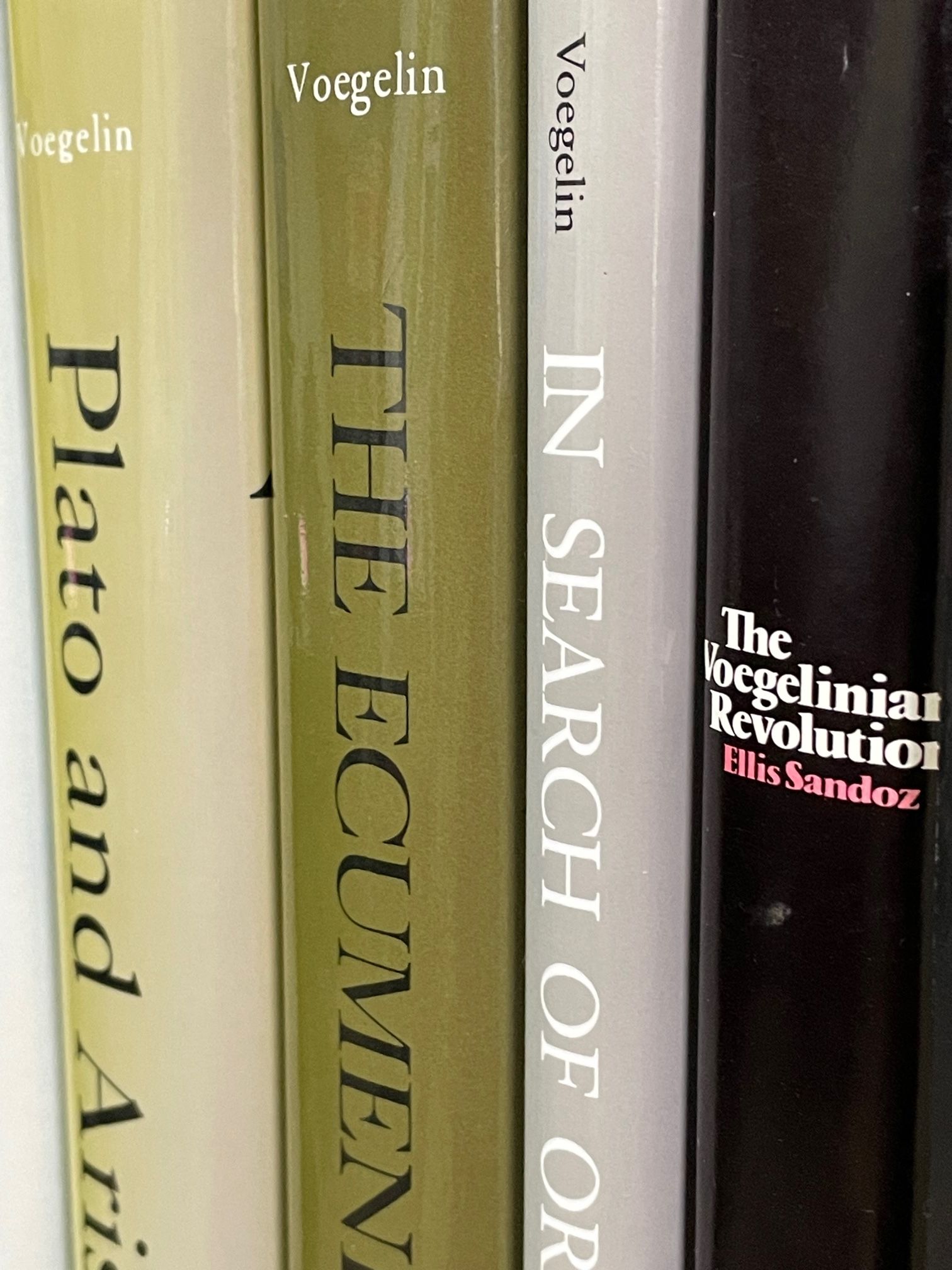
September 27, 2023
The Need for Roots
This is a great piece at Plough, drawing de Tocqueville to diagnose the problem with democracy.

The bottom line: In a static culture, a man knows his place and settles into quiet contentment. In a democratic culture, no one knows his place and is neither quiet nor content . . . and he's always on the move.
If you put it on a 1-10 continuum, the most static cultures are serfdom (or maybe graveyards): 1. The most wholesale democratic ones are the Wild West (or maybe just de Tocqueville's America in general): 10. Neither are ideal, though both have been unfairly caricatured.
The problem is, America today is increasingly registering simultaneously at 7 and 14.
Read the rest:

September 26, 2023
Public Intellectuals, Mencken, and an Unexpected Piece out of Yale

September 25, 2023
Monday Column
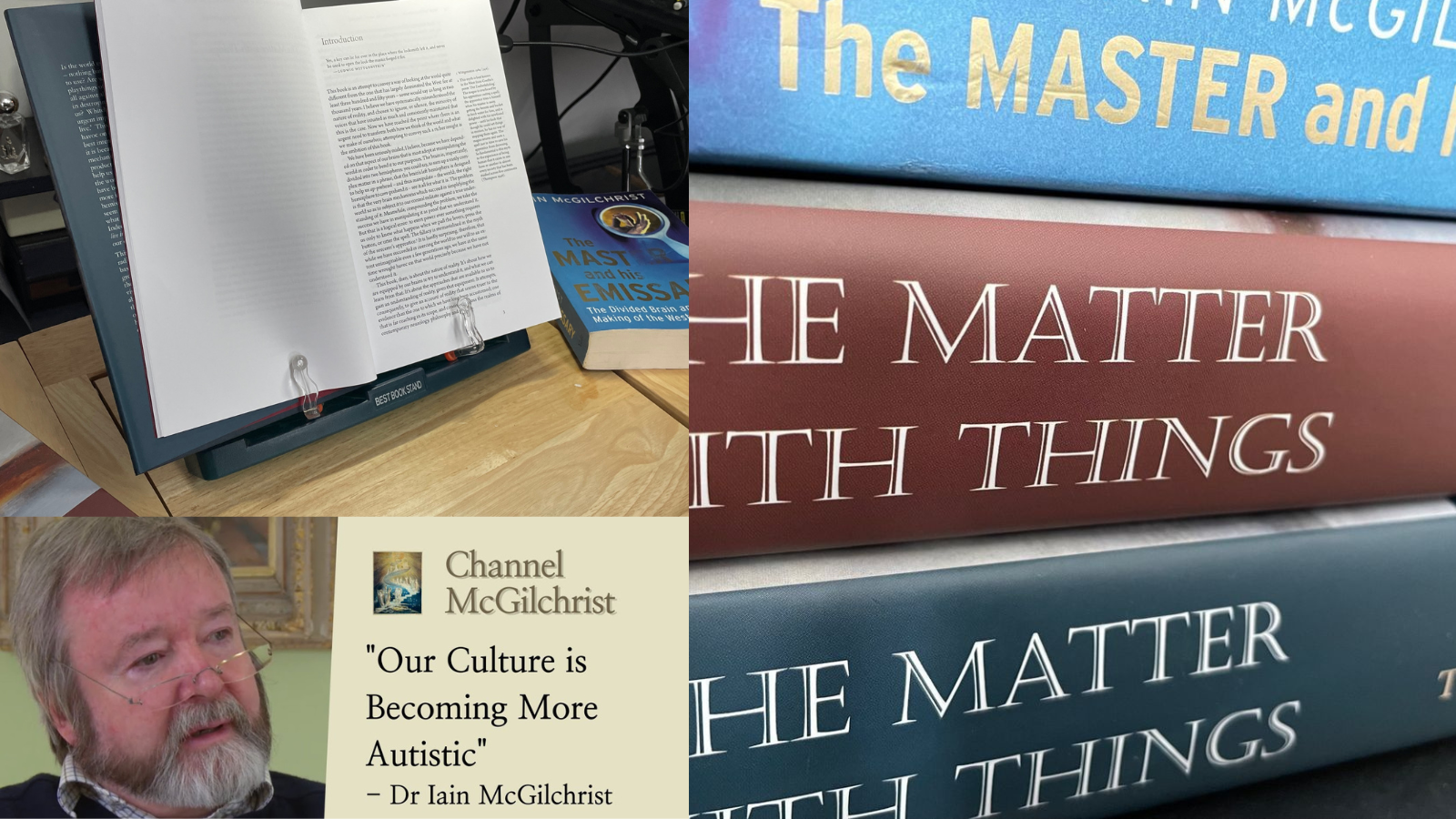
September 23, 2023
GKC in South Bend
(Editor's Note: See correction at Scrolling Blog 10/1/23)
My daughter goes to Notre Dame. She had to move out of her house for the weekend (long story: ND-OSU game-related), so a friend said she could stay at her house for the weekend. While showing her around yesterday, the friend casually remarked that GKC lived in the house while he was a visiting lecturer at Notre Dame.
I've asked my daughter for more pics. Here's the front of the house:

September 22, 2023

September 21, 2023
Kingsnorth Struggles for the (Non-) Words
I haven't (yet) allocated a line from my household budget to Substack subscriptions, but if I do, Paul Kingsnorth will be one of the first subscriptions (with Erik Hoel). He's a marvelous and thoughtful writer. In this piece, he seems to be grappling with many of the same themes here at TDE:
Gnosticism and Its Desire to Warp the Real Structure (the Reality Spectrum) to Fit Its Structure
I have noticed in the last few years a constant temptation to systematise Christianity; to bend it into a shape that fits a pre-existing pattern in people’s heads. This is hardly just a Christian problem, of course: it is universal.
The Tao/Unknowability/Paradox
On words and the Word
The Importance of (non)-Doing
I am going to have to go out walking, without knowing where I will end up.

September 20, 2023
Foote
I read paeans like this, and I think, "Man, I gotta read Shelby Foote's masterpiece." Then I think, "Frick, I first need to read Proust." And then I start thinking, which Proust translation? C.K. Scott Moncrieff's is the gold standard, but I think Joseph Epstein mentioned that a more recent translation might be better. Then I think about Moncrieff's nephew, George Scott-Moncrieff ("Scomo"), and his love for Scotland and conversion to Catholicism. I think about his lovely little book, Burke Street, and, noting it's only 70 pages (compared to, what, 1,000+ pages of Foote and Proust?) and figure I'll read that again (. . . and maybe just watch Ken Burns' Civil War).
Burke Street is a celebration/lament of old Edinburgh, or at least one area of it, or perhaps of all of old Scotland: I'm not really sure, such is the quiet mystical quality of Scomo's work. Regardless, it makes one want to see Edinburgh and avoid it at the same time.
Which reminds me of this historical observation by Joseph Epstein:
"[T]he Edinburgh Review not only put the City of Edinburgh intellectually 'on the map' but did something similar for serious journalism. . . . The Edinburgh Review paid its contributors, and paid them well enough to hold them up to standards of quality. In a letter outlining "the rocks and shoals to be avoided are religion, politics, excessive severity, and irritable Scotchmen." Pertinent Players

September 19, 2023
I'm a bit pressed today for time, so just this little piece from a recent "Outside the Modern Limits" newsletter. Figures of Speech is probably my favorite style book of all time. I lost my only copy last year, panicked, and bought another copy, which, of course, made the lost copy show up almost immediately, so now I have two copies. I hold one in each hand while I read from it.

September 18, 2023
Monday Column

Readers might notice a newer "Tag": Existence Strikes Back III. It's part of my (slow and ongoing) effort to rake back through all the ESB pieces and assemble them under one of the four ESB parts.

September 17, 2023
The 1990s
The current issue of First Things features a monster essay (10,000 words, I'm guessing) about the 1990s. It's very good, though you might need a subscription to access it (but I repeat what I've said before: If individual Substack authors are worth $50 a year (and many of them are), then $50 for a subscription to First Things and New Criterion are a flat-out steal).
The author points out that the "1990s" started with the Berlin Wall on 11/9/1989 and ended on 9/11/2001. The former brought the U.S. into unquestioned hegemonic power; the latter showed we're imperfect guardians of that power.
The Cold War victory, combined with a chance to redefine the economic relations that obtain among every human being on earth, was a temptation to Promethean excess. An exceptionally legalistic, hedonistic, and anti-traditional nation, the United States was poorly equipped to resist such a temptation.
One of the more sardonic passages from the essay deals with censorship. In 1994, technology experts George Gilder, Esther Dyson, George Keyworth, and Alvin Toffler, analyzing the advent of the Internet, wrote the "Magna Carta of the Knowledge Age" . . . and pretty much got everything wrong. They said the world was evolving from the "Second Wave" into the "Third Wave" and that Third Wave government would get a lot smaller, possibly by 50% or more, and that censorship would be impossible.
For government to insist on the right to peer into every computer . . . for government to influence which political viewpoints would be carried over the airwaves . . . might have made sense in a Second Wave world. . . . [It makes] no sense at all in the Third Wave.
Sign. Never underestimate the government's capacity for mischief.
I Like to Support the Troops
But the orchestrated celebration of our military throughout our culture has reached Orwellian dimensions.
— Sal the Agorist (@SallyMayweather) September 17, 2023

September 16, 2023
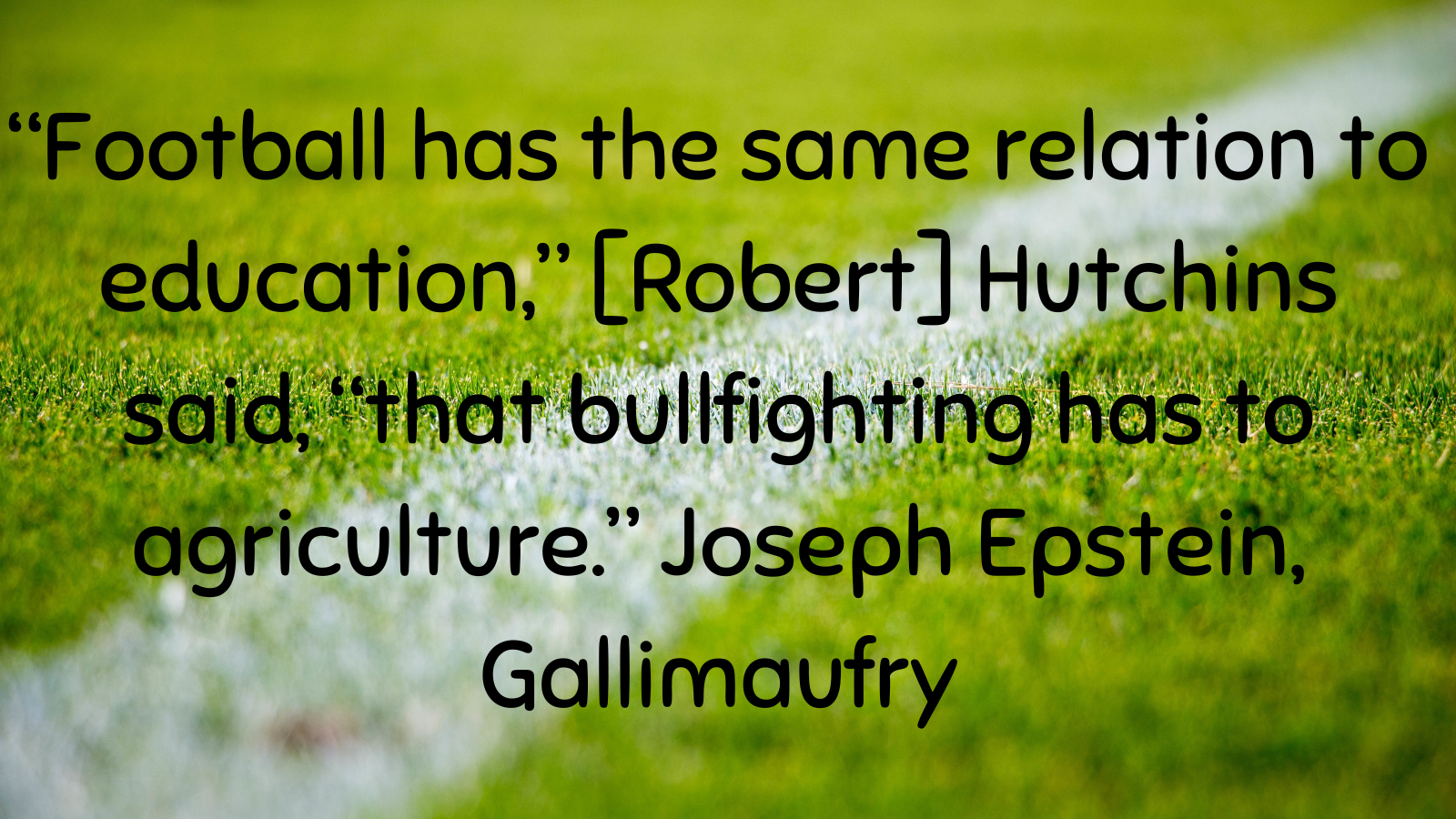
September 15, 2023
Brews You Can Use

September 14, 2023
The Flannery Revival is Officially Here

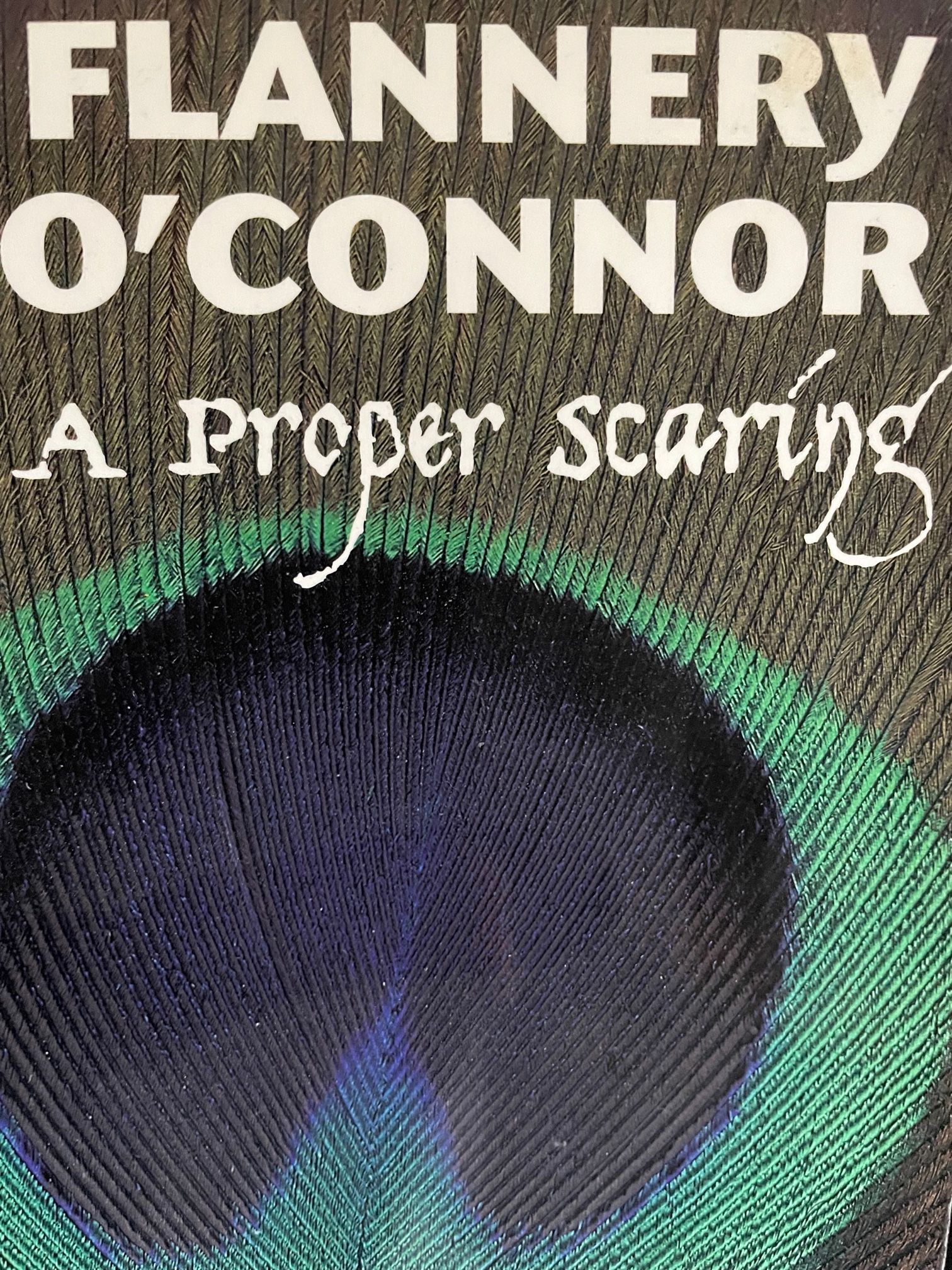
September 13, 2023
An OtML Replay
If you've been a subscriber to "Outside the Modern Limits," you've seen this one, but it's short and, perhaps, worth reading again.

September 12, 2023
Young Michael Rodney Keeps the Right Hemisphere Engaged

CThat, anyway, is my theory: Humor appeals to the right hemisphere.
Well, that's not really what I think. I think humor engages both hemispheres. That's what makes humor.
Humor is a juxtaposition of unexpected things and is often a case of hemispheres colliding, resulting in us laughing at the incongruity presented by each of our hemispheres.
It's where parody comes from: the way things we expect things to be (the left hemisphere's comfort zone) and then an unexpected distortion of it (the right hemisphere values the new).

September 11, 2023
Monday Column
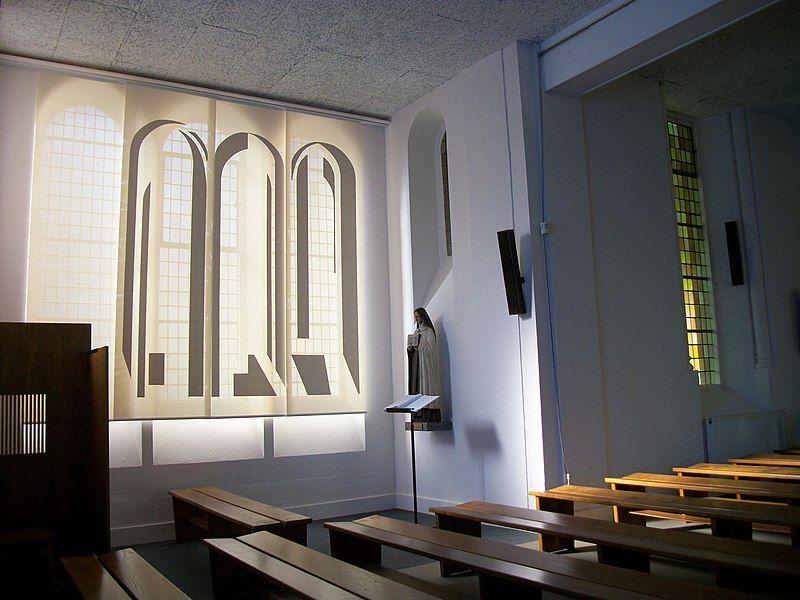
September 9, 2023
Childhood Friends Now in Their Eighties
An unknown octagenarian comes out of nowhere in the current issue of The Lamp to take the prize for the loveliest essay of the summer. It's about growing up in Queens and growing old with a friend who is nearing death. NYC; friendship; drinking: it's a beautiful piece.

My favorite reminiscence from the piece:
During college vacations while we still lived in the old neighborhood, we would take the IND subway to Manhattan to ice skate in Central Park, to trace Dylan Thomas’s staggering steps through various watering holes in Greenwich Village, but mostly to enjoy being in each other’s company. We were more explorers of the city than its denizens at that point. During one New York blizzard, we found a bar/restaurant in the Village that had amateur opera. On another night of wandering, we found a really neat bar with a ceiling covered in black fuzzy mold. Only recently did I discover that “Dirty Julius,” as we called it, was one of the preeminent gay bars of the closeted years. How could we have missed that?
September 8, 2023
Brews You Can Use
I greet the weekend with a grin: My Detroit Lions knocked off the reigning Super Bowl champions last night . . . at Kansas City. Yes, K.C. didn't have its second-best offensive player or its best defensive player, but still. It was a helluvan accomplishment.
My father became a big Lions fan in the 1950s, in their heyday under the great Bobby Layne. He used to say, "If you had told me I'd die without ever seeing the Lions win the championship again, I wouldn't have believed you." He died in 2009. Lately, I've been thinking, "If you had told me I'd also die without ever seeing the Lions win it all, I probably would've believed it but only with disbelief." As time marches on, I've begun to think that would be the case, but maybe not. Maybe this is the Year of the Lion.
We'll see.

September 7, 2023
The Amish: Foes of the Left Hemisphere
I'm ashamed to say, the connection between my Amish neighbors and the Existence Strikes Back and The Hemisphere Hypothesis projects didn't strike me until this morning.
Expect more Amish stuff at some point.


September 6, 2023

zen

September 5, 2023

"Monday" Column
This was the feature content in last Saturday's "Outside the Modern Limits," with a few graphics added to the bottom. I had written a regular column for today, but it wasn't quite ready, so I'll probably hold it back until next Monday.

We Aren't Becoming a Nation of Gollums
We Are a Nation of Gollums and Gollum was One Ruthlessly Rational Sonofabitch.
Maybe future historians will refer to Modernity as "The Gollum Era" or "The Orc Era."

September 2, 2023
New: Editor's Picks
Folks are interested in the Existence Strikes Back and The Hemisphere Hypothesis projects, but I've been told the website is a bit overwhelming when you first visit it. I'm trying to make it easier for new visitors to get a handle on what they're seeing and the general themes.
The first step: The Editor's Picks section has been expanded to six pieces. Each piece has been selected because it, with the others, provides the best overview of the main ESP and HH ideas.
September 1, 2023
Happy Labor Day Weekend

Intellectuals




